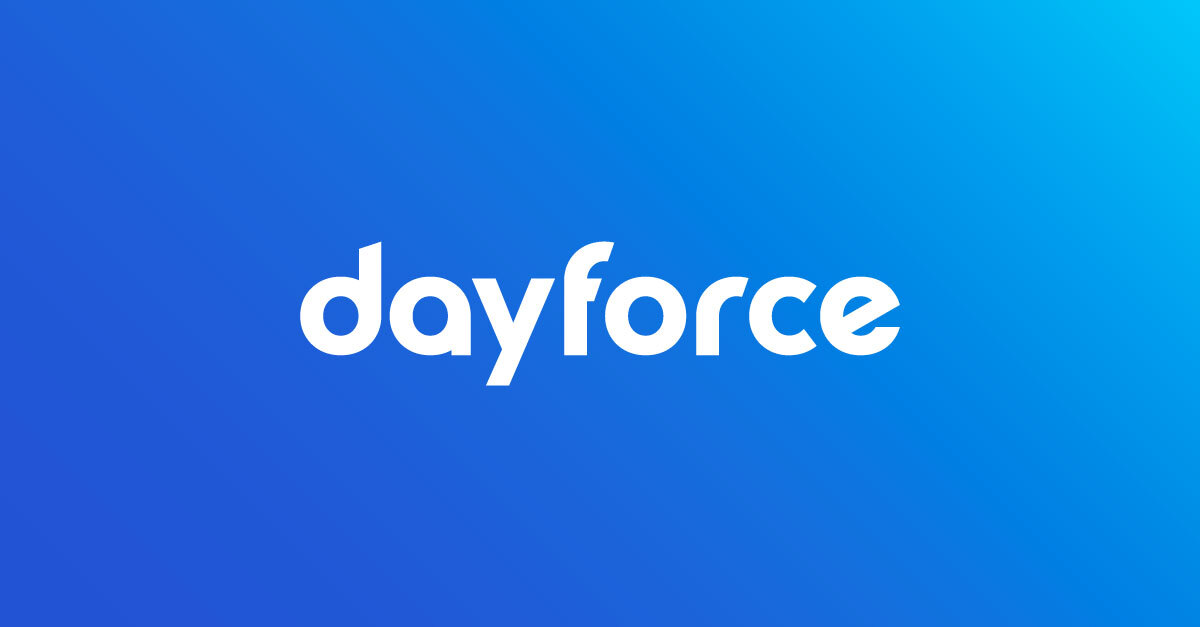What employers must know about career flexibility
Ceridian’s 2023 Pulse of Talent survey shows that workers don’t just want flexible jobs – they want flexible careers. Somen Mondal, Ceridian’s GM of Talent Intelligence, shares his thoughts on how employers can shift their thinking on internal mobility and the benefits it brings to employees and organisations.

Table of Contents
Table of Contents
Today’s employees crave flexibility. And Ceridian’s 2023 Pulse of Talent survey of more than 8,800 workers from around the globe uncovers a new frontier in flexibility that many employers have yet to consider. Jobs that offer remote and hybrid work opportunities or greater autonomy over scheduling are in demand, but there’s more to the story.
Despite gains in job flexibility, many workers still feel like they’re missing out in their current roles. Ninety percent of our survey respondents said they have felt stuck in their role in the past year. And 33% feel that way often or always.
We caught up with Somen Mondal, General Manager of Talent Intelligence at Ceridian, to get his perspective on some of the key Pulse of Talent findings and how employers can broaden their thinking on flexibility, from jobs to careers.
What are employers overlooking about internal career opportunities and mobility?
In our Pulse of Talent survey, we found that 70% of this year’s respondents are a flight risk. But when these flight-risk respondents were asked if they would consider staying with their current employer for internal career opportunities, only 12% said no. This is a big opportunity for employers in terms of employee retention and workforce resilience.
But many organisations have unintended barriers that suppress internal mobility. These barriers come in two main forms – cultural and system-based.
In many cases, managers don’t want their best performers leaving their teams – that’s a cultural problem. Organisations can help resolve this by coaching their middle managers to encourage internal career moves and by creating a culture that emphasizes the importance of retaining people within an organisation rather than on individual teams.
Most internal career systems don’t make it easy for employees to discover new roles within their own organisation. This just hasn’t been operationalised. Ceridian is helping to solve this problem with our new Career Explorer, providing a consumer-like experience in which new internal opportunities are recommended to employees based on their skills, career goals, and expressed interests.
In our survey data, we saw that only 17% of respondents aspire to senior leadership and a mere 14% want to become a people manager. How can employers adjust their career pathing to reflect that many employees today don’t want to climb the corporate ladder?
Culturally, we need to move beyond linear career paths. Workers today want to explore and experience more in their careers. You can no longer assume that someone wants to go from specialist to manager to director to VP.
Employers need to provide opportunities for employees to move into completely different areas. Think of the fresh perspectives an employee from customer service can bring to a training team, for example. And that not only boosts retention, but it also allows the organisation to be more agile.
Employers also need to shift their mindsets so that people can have successful and fulfilling careers as individual contributors. At Ceridian, we give our employees opportunities for advancement that don’t require managing people. This allows us to show our employees that we value all career paths and aspirations, not just those that involve managing a team.
How can employers give employees more control over their career paths?
In our latest Pulse of Talent survey, only 10% of respondents said they have a high degree of control over their career paths. And yet, 84% of those surveyed said having a clear career path makes them more loyal to their employer. Career paths clearly have power.
In addition to some of the organisational mindset changes we’ve already discussed, operational changes are also needed to make career pathing more employee-driven. Technology, like Ceridian’s Career Explorer, can allow employees to explore and map out their career on their own time, whenever they want. This is why we made Career Explorer a mobile-first experience.
Despite all the talk in recent years about upskilling and reskilling, our survey data shows that learning and development opportunities lag. How can employers remedy this situation?
Learning and development continues to persist as an organisational challenge, as our 2023 Pulse of Talent data illustrates. Less than half (48%) of respondents said their employers offer training to help them stay current when it comes to skills. And the percentages that are receiving training for skills they have expressed interest in or that will be valuable in the future are even lower.
It's up to employers to take the first step in solving this problem. Employers need to understand what skills their individual employees have so they can create a full skills inventory of the organisation. It’s easier, then, to pinpoint what skills are needed now and into the future, particularly with a tool like Dayforce Skills Engine. Once they have a firmer understanding of their skills gaps, organisations become more motivated to design and offer training accordingly. And this can help with the career flexibility that employees are seeking, with new skills that power their internal mobility journey while improving the organisation’s retention and competitiveness.
To learn more about what workers want in their careers, how employers can meet those expectations with career flexibility, and the benefits to organisations, download our global 2023 Pulse of Talent report.
You may also like:
Ready to get started?

